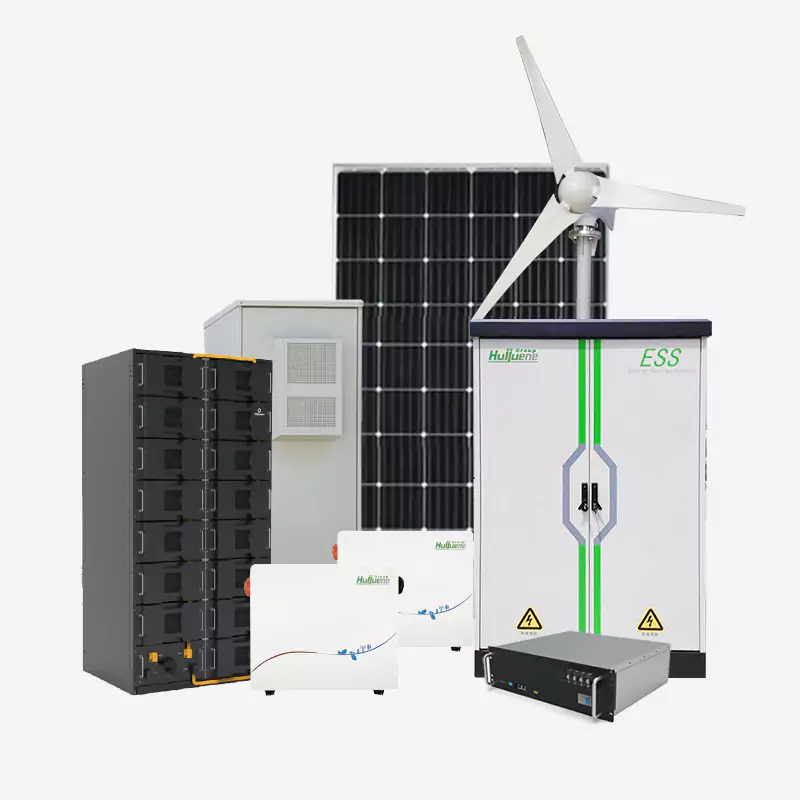
Understanding BESS
Lithium-ion batteries are at the core of BESS technology. These batteries have revamped the concept of energy storage by providing high energy density, fast charging/discharging, and relatively long cycle life. These can be installed independently or integrated with renewable energy systems, such as solar PV, which turns them into dependable sources of power capable of meeting demands during periods of low solar irradiation.
BESSs are complex systems integrated with numerous components: batteries, a battery management system, a power conversion system, and an energy management system. The BMS controls the health and safety of the batteries by ensuring optimal performance without further overcharge or undercharge conditions. PCS converts the DC power generated through the batteries into AC power compatible with the grid, enabling seamless integration with existing power infrastructure. The EMS or control orchestrates the whole system by optimizing energy flow based on real-time data and grid conditions.
Technical Benefits of BESS Integration
BESS thus offers a multifunctional number of benefits to the grid. It provides for emergency response capabilities, hence making it possible for the system to compensate almost immediately for power losses and surpluses. The frequency regulation is more efficient since BESS can easily absorb and inject power for stabilizing grid frequency. This also provides great stability to the grid by reducing the impact of variable renewable generation on the main power system.
Economic Viability and Commercial Trends
Commercially, the decreased cost of lithium-ion batteries and increasing dependence on renewable sources of energy have made BESS systems more and more economical. As the cost of batteries keeps on falling and there is going to be more demand for clean energy, the return on investment from BESS projects is getting all the more enticing. This is even more fired with governmental incentives and policies motivating the adoption of renewable energies and energy storage solutions.
Diverse Configurations for BESS
The configuration of BESS can take various shapes depending on the installation location and requirements. Independent systems stand alone, while DC-coupled configurations enable flexible charging from multiple sources or the ability to exclusively charge from PV systems. In AC-coupled systems, interfacing is directly performed with the grid, offering flexibility in design and operation.
Nor-Cal's Role in Optimizing Solar PV Projects
Nor-Cal leads this transition into a renewable future with front-line action that enables clients to transition smoothly into smart battery energy storage systems integrated within their solar photovoltaic projects. In close cooperation with the most advanced BMS manufacturers and integration experts, Nor-Cal customizes each Smart BESS to meet the unique demands of every project.
These Smart BESS systems also come installed with intelligent monitoring and control capabilities that optimize energy storage and distribution, adding efficiency and reliability to the overall system. Nor-Cal ensures that these systems adhere to the strictest utility and ISO standards for ease of grid integration, facilitating maximum benefits from renewable energy generation.
Smart BESS represents a critical turn in the development of renewable energy utilization, particularly in the production of solar PV. With Smart BESS, supply is predictable and stable, intelled, and hence politically palatable, really opening the way to widescale utilization of renewable energy sources and contributing to a greener, sustainable, and more resilient energy future. While the industry may be taking great strides forward with costs spiraling ever downward, the full potential of Smart BESS in solar PV production is only now being unwrapped to promise an exciting new era of dominance in clean energy.




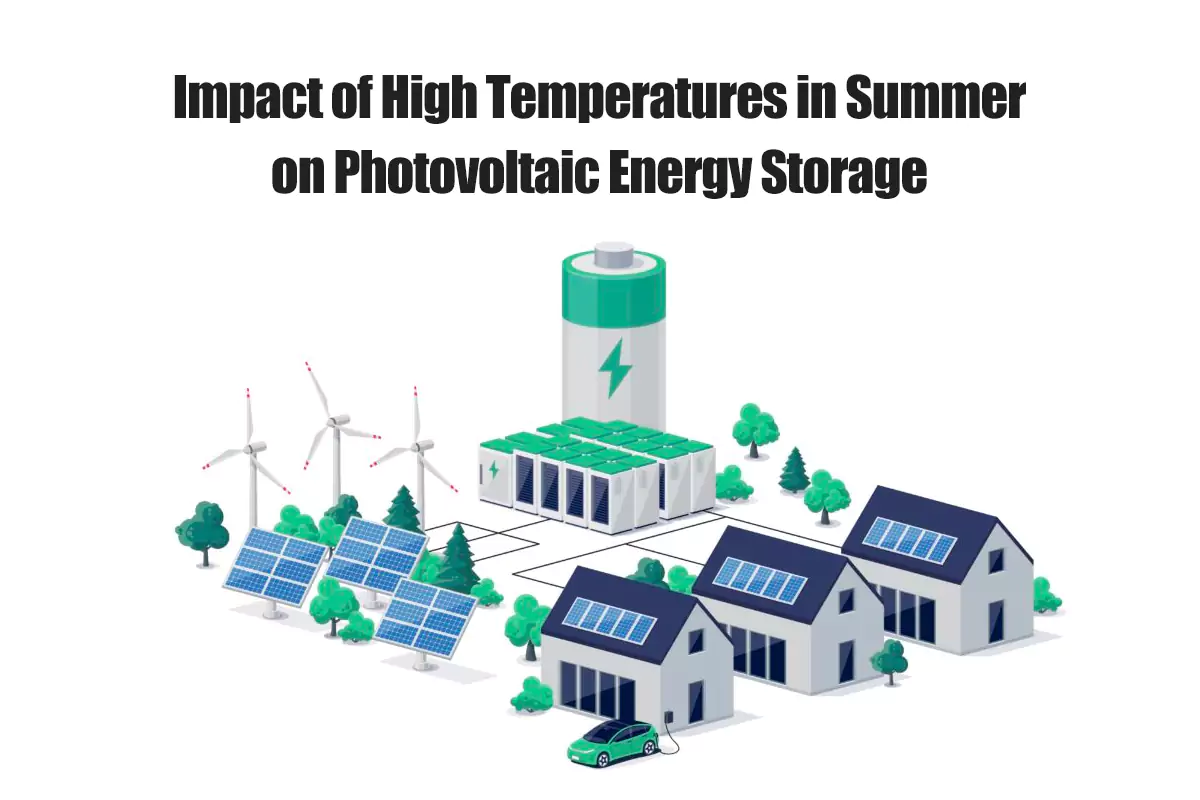
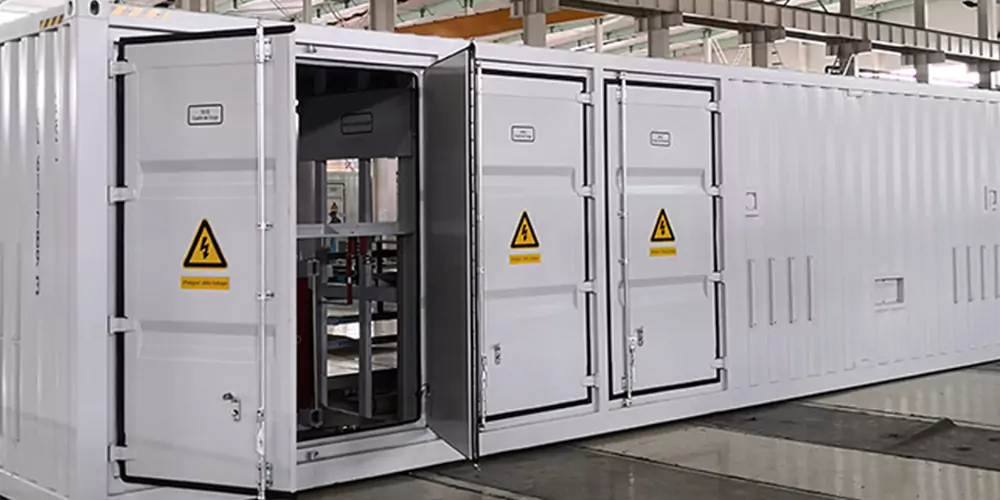
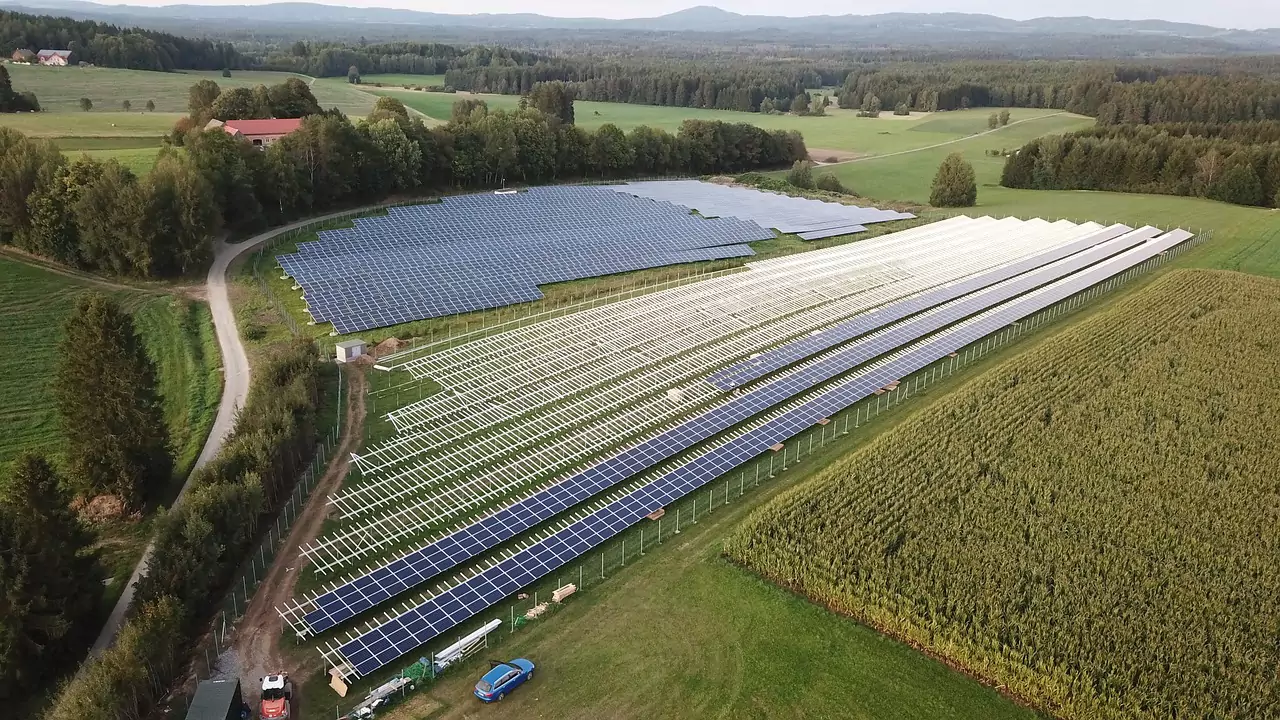


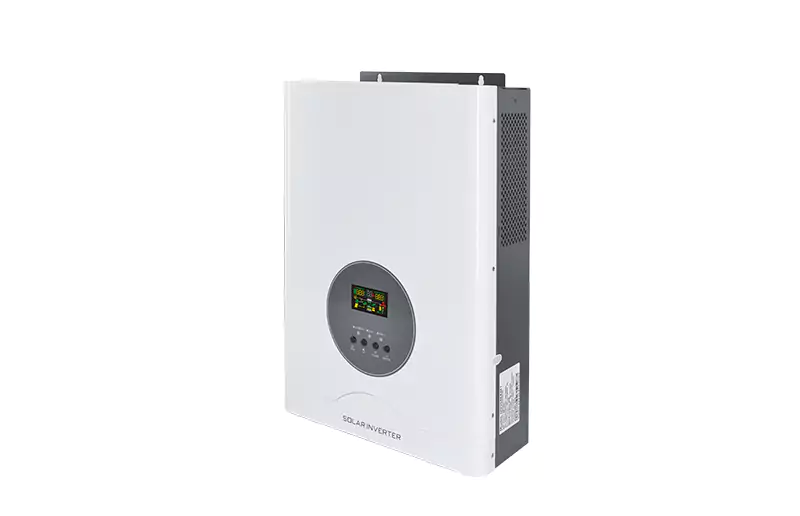
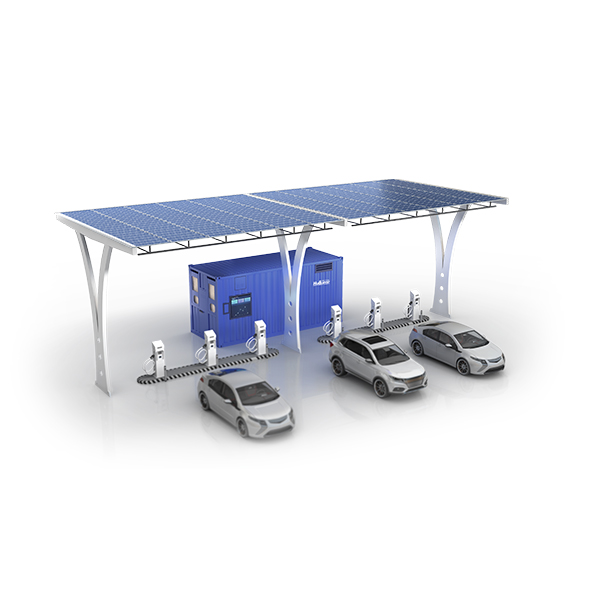
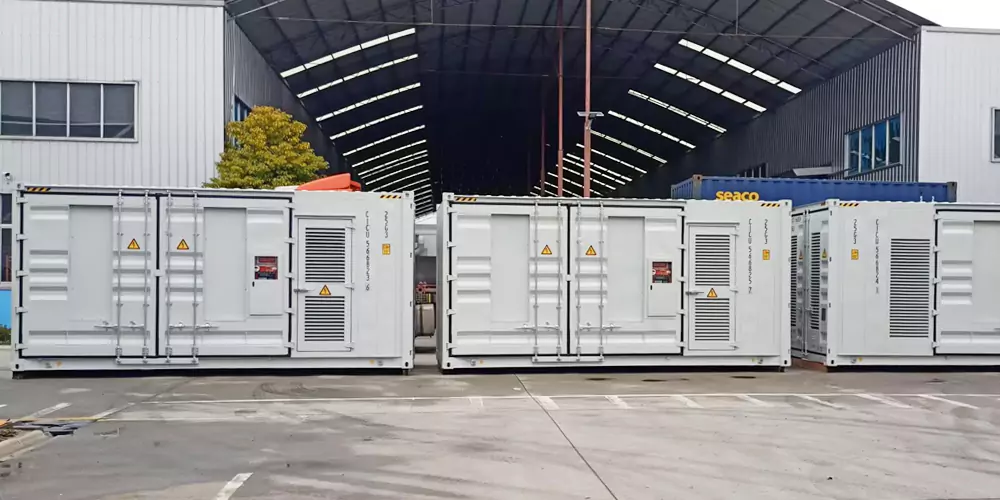
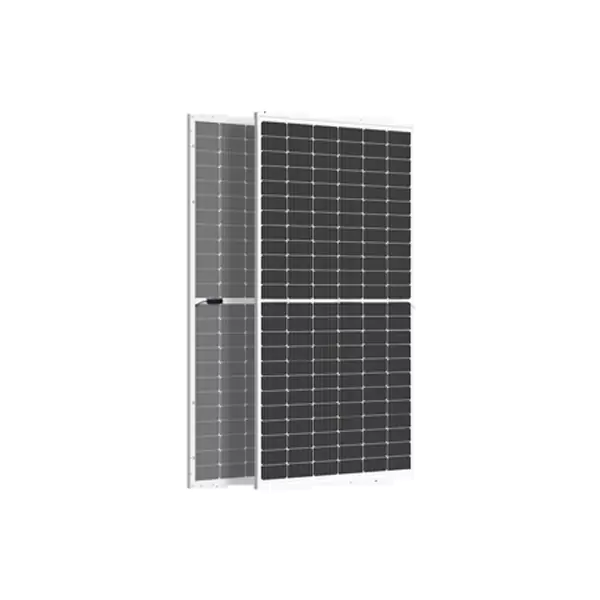

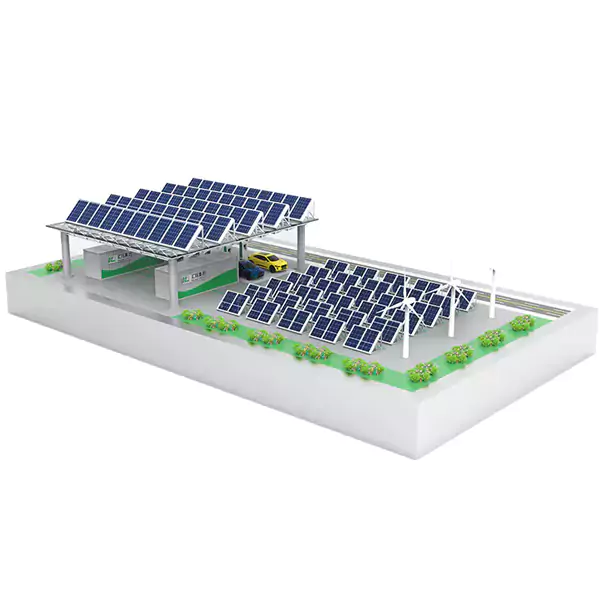
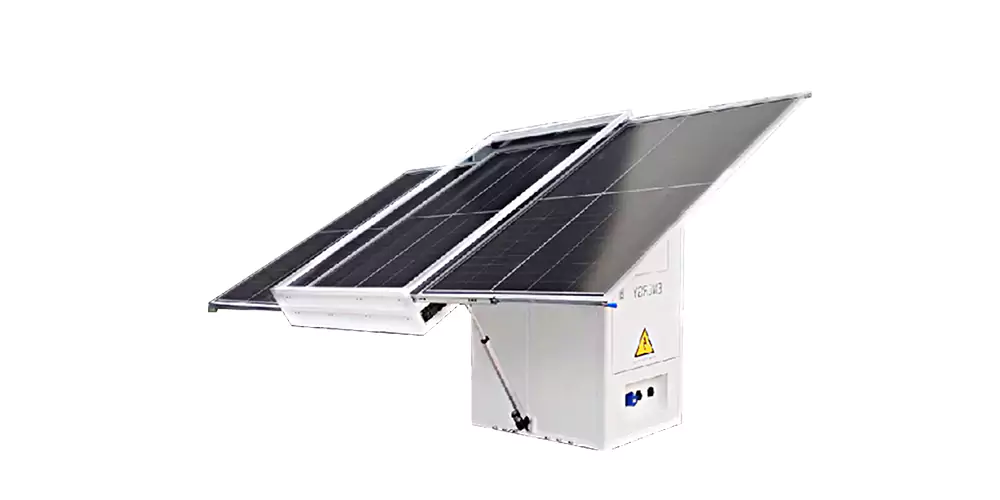
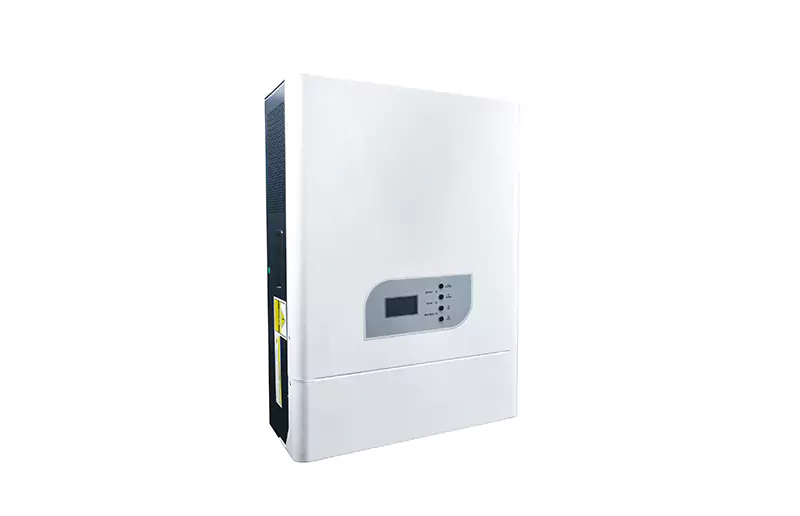
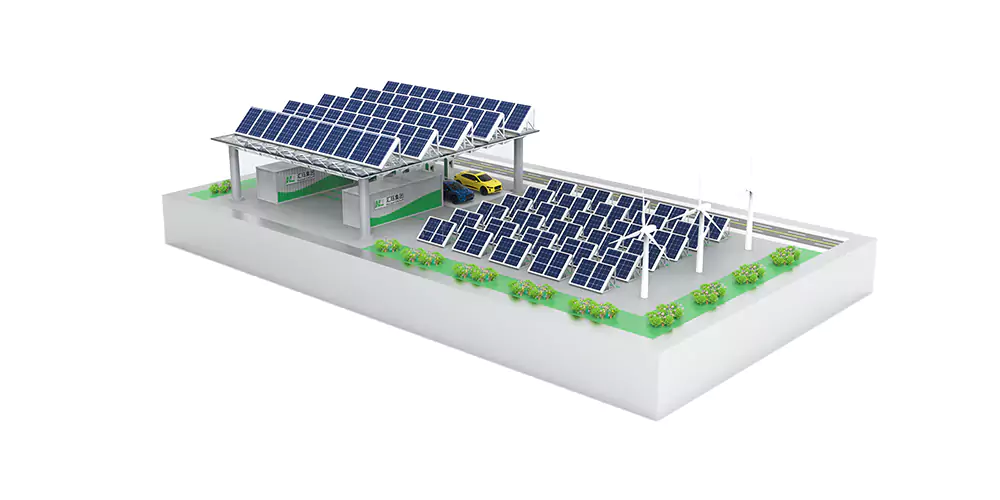
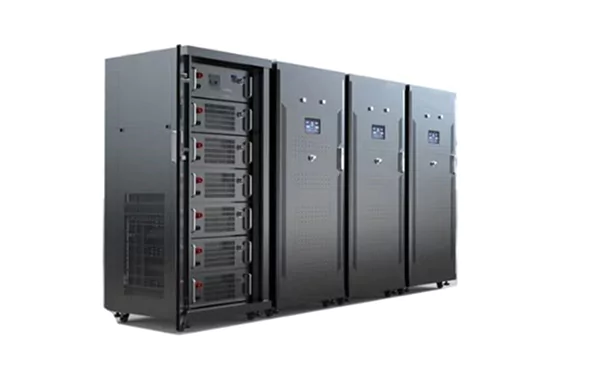
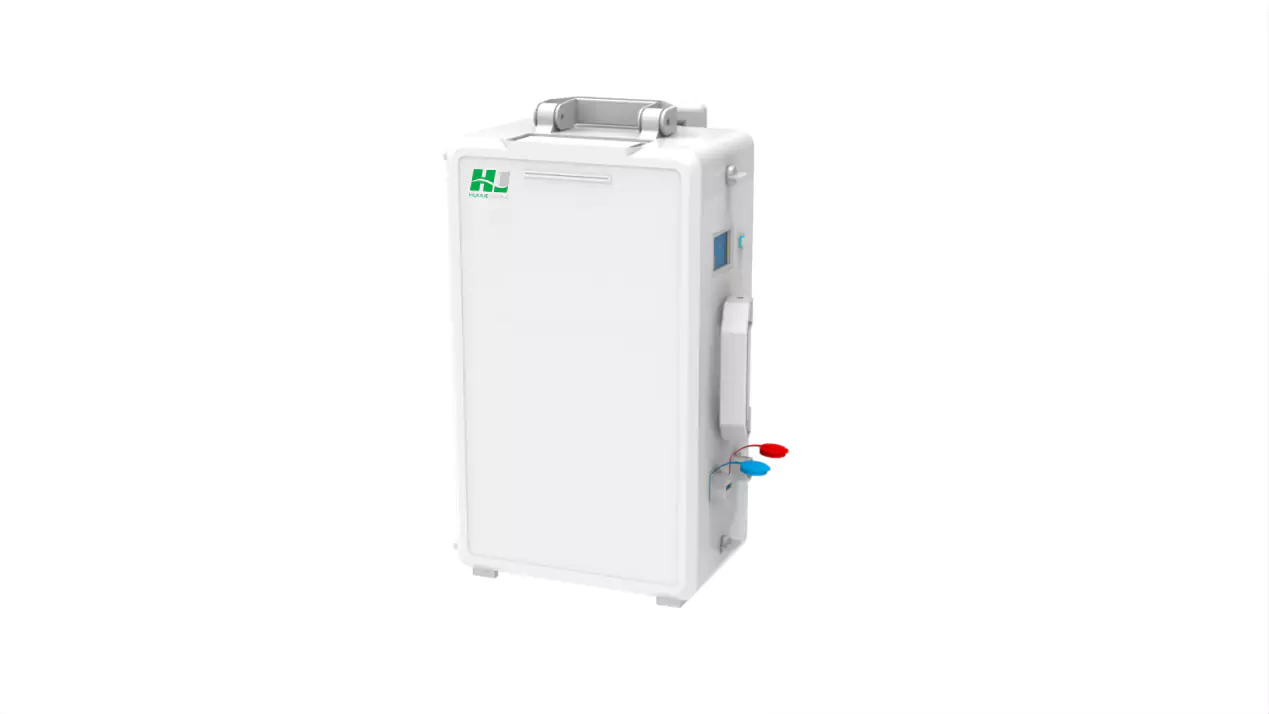
 Inquiry
Inquiry Online Chat
Online Chat